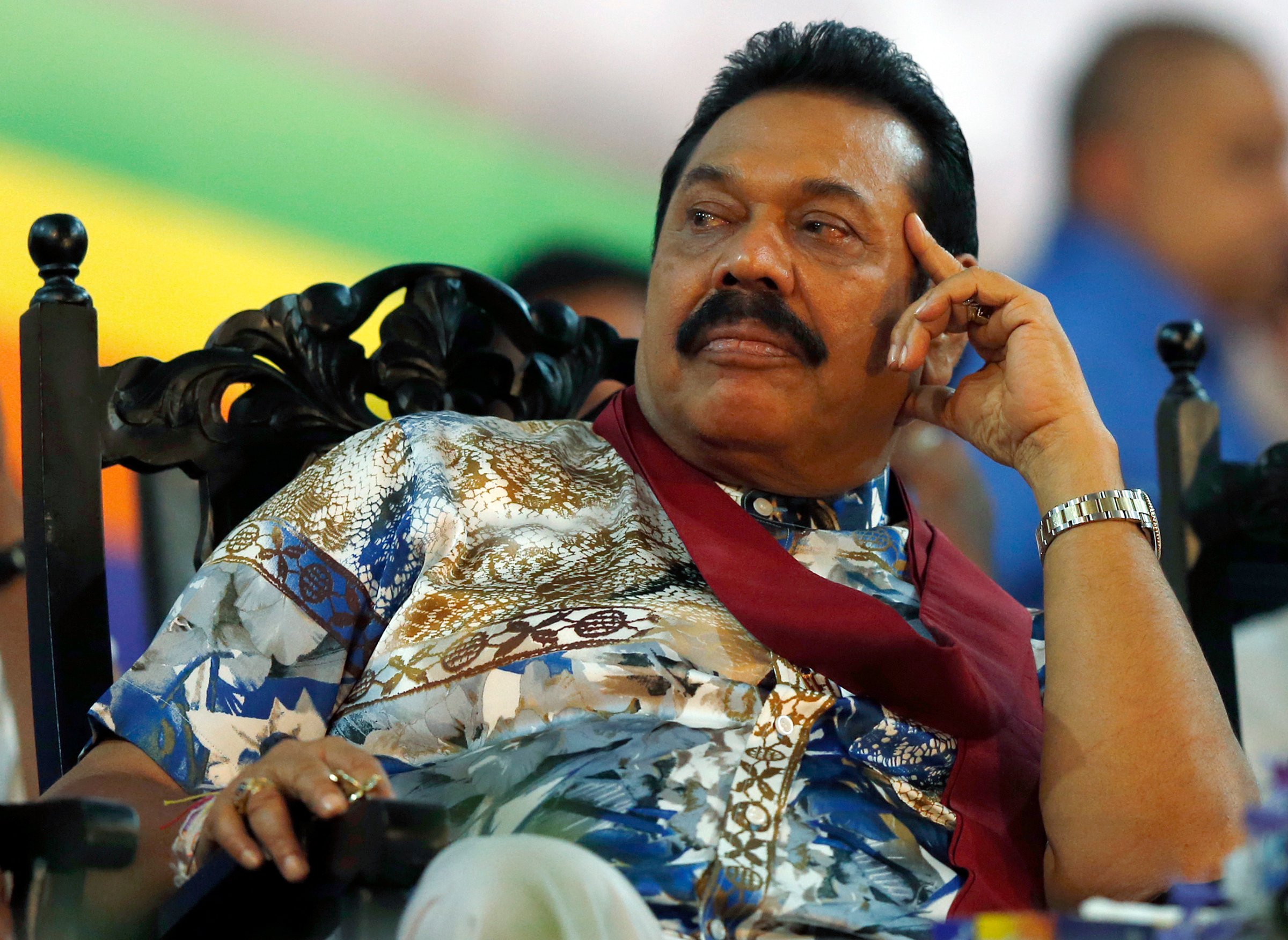
Sri Lankan President Mahinda Rajapaksa ended a decade in power on Friday, conceding defeat in a midterm election. He didn’t expect to lose, but found himself vacating his residence after polls showed his challenger Maithripala Sirisena with over 51% of the vote, Reuters reported.
Sirisena, a former minister in Rajapaksa’s government, defected to the opposition in November, and used his anticorruption stance as the cornerstone for his campaign.
He pledged that his first act in office would be to weaken the very presidency that had allowed Rajapaksa to consolidate a huge amount of power, and reportedly plans to hold fresh parliamentary elections within 100 days of being sworn in.
Rajapaksa was re-elected in 2010. He initially came to power in 2005, riding a wave of popularity after defeating the Tamil Tigers separatist group and ending the country’s violent civil war, but his administration was dogged by allegations of corruption and authoritarianism.
Rajapaksa abolished the two-term limit on the presidency to allow himself to run for a third time, and then called Thursday’s snap elections two years before his second term ended — a move that backfired badly.
The violence against opposition supporters that marred the lead-up to the polls was absent on Friday, as the outgoing President asked opposition leader Ranil Wickremesinghe to ensure a smooth handover of power.
“People need a change and this is a democracy,” a government official and close Rajapaksa ally said.
[Reuters]
More Must-Reads From TIME
- The 100 Most Influential People of 2024
- Coco Gauff Is Playing for Herself Now
- Scenes From Pro-Palestinian Encampments Across U.S. Universities
- 6 Compliments That Land Every Time
- If You're Dating Right Now , You're Brave: Column
- The AI That Could Heal a Divided Internet
- Fallout Is a Brilliant Model for the Future of Video Game Adaptations
- Want Weekly Recs on What to Watch, Read, and More? Sign Up for Worth Your Time
Write to Rishi Iyengar at rishi.iyengar@timeasia.com